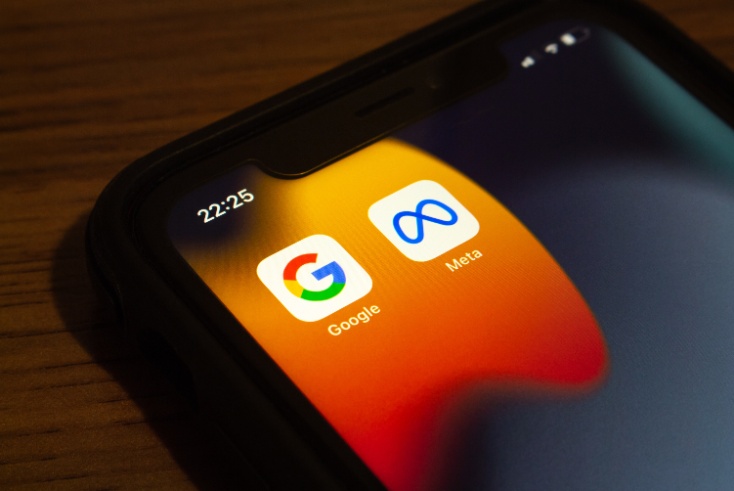Nine in 10 newsbrand editors believe that Google and Meta pose an existential threat to journalism.
As part of findings revealed by the News Media Association (NMA), newsbrand editors have “grave concerns” over the anticompetitive business practices of the tech platforms.
The survey also found that 86% of editors agreed that the BBC’s plans to cut its local radio provision and expand its online local news content in competition with local newspaper sites will damage independent local journalism in the UK.
Katie French, regional group editor at Newsquest, said: “While tech platforms have greatly enhanced our way of life by allowing unrestricted access to information and increased connection, they have severely impacted the business of news, and news brands such as my own have not been fairly compensated.
“My titles have more readers than ever before in their history thanks to the global and national audiences our online content is exposed to. However, we receive very little in the way of fair remuneration for the rich and high-quality service our content provides even by hosting our content or signposting readers to our stories through search engines.
“Our very presence is giving credibility to these platforms that otherwise would be filled with clickbait nonsense and unregulated information.”
On tech platforms enforcing news blackouts, 77% agreed they would weaken democratic engagement by limiting public access to trusted news.
Speaking at the NMA’s Journalism Matters parliamentary reception on 31 October, editor of The Sun Victoria Newton said: “Original journalism everywhere should be protected, as should the publishers that spend and invest in journalism.
“I make a special mention for our vital local newspapers, without whom court cases and local democracy would go unreported. These outlets should also be protected from the BBC’s expansionist activities, which risk driving them out of the market.”
In response, a Google spokesperson said: “Google is one of the UK’s largest financial supporters of journalism, supporting Britain’s news ecosystem growth through products, training and programmes.
“We pay to licence content through Google News Showcase from more than 285 of the UK’s favourite titles, 95% of which are local ones. When publishers choose to use our advertising services, they keep the majority of revenue.”
Meta did not return a request for comment.
Editor’s note (2 November, 2.30pm): this story was updated to include Google’s comment.




